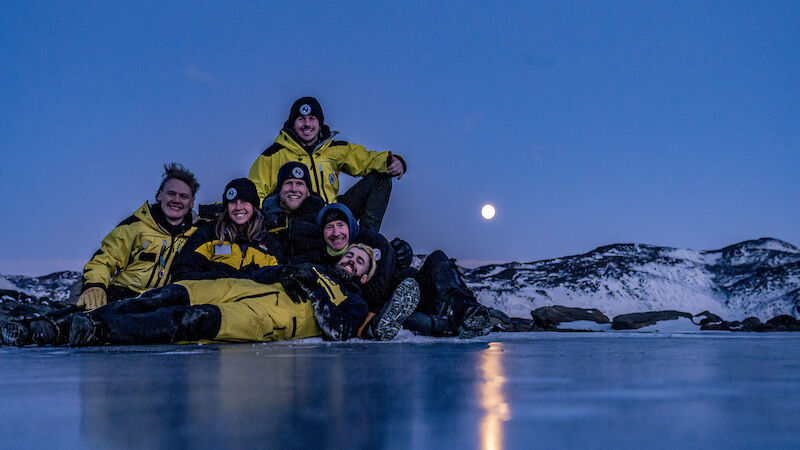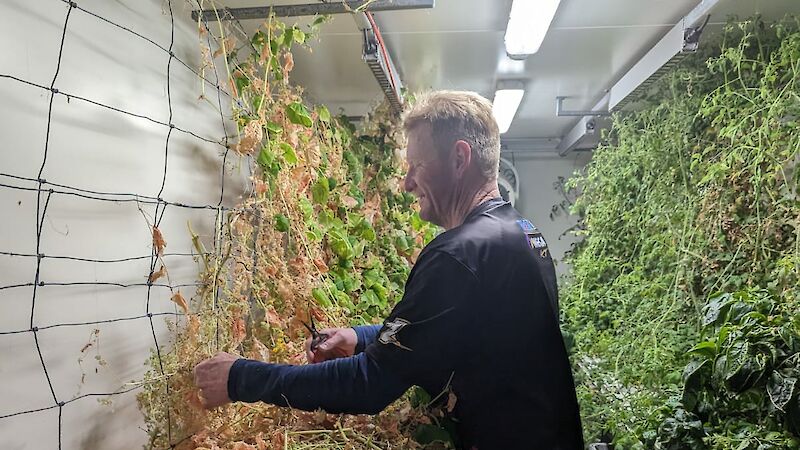There’s also a lot of work to be done first.
“There’s a huge range of emotions,” Davis station leader Karen Pye said.
“There’s a mixture of excitement about seeing loved ones again and having access to freedoms that aren’t available here, to a sense of nostalgia about not seeing the people we’ve grown close to over the year and missing the beautiful environment.
“Not many people have icebergs and penguins in their front yard.
“There’s a lot of talk about having to cook your own food, pay for groceries and remembering to lock your house and take the keys.”
Ben Patrick has been the station leader at Casey for the past year and has had to deal with infrastructure challenges, the medical evacuation of a seriously ill expeditioner and a storm that set back handover preparations by weeks.
“Antarctica is a learning experience,” he said.
“After a year of being here we have too much knowledge to hand over. The best we can do is pass on the form of the work, the idea of the year ahead and let the new crew discover the hows and the whys.
“That, and notes. Lots and lots of notes.“






